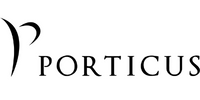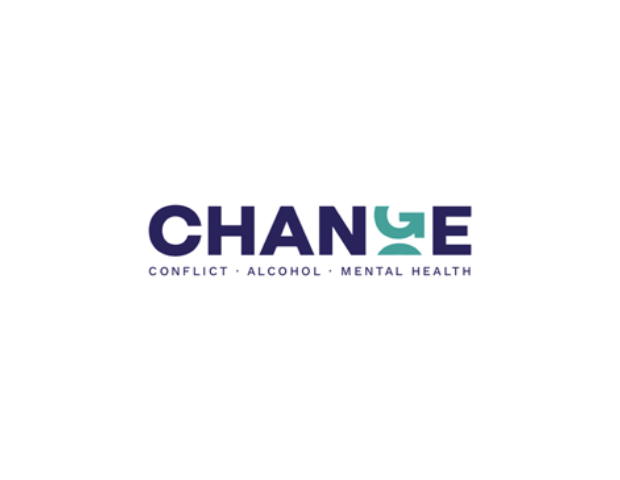
CHANGE – ALCOHOL ABUSE DURING HUMANITARIAN CRISES
TERMS OF IMPLEMENTATION
July 2020 - June 2025
- The purpose of the project
- Partners
- Main activities
- CHANGE randomized controlled trial in Ukraine
- Design of the CHANGE randomized controlled trial
- Intervention development
- Expert group of the project
- Publications
- Contacts
PURPOSE OF THE PROJECT
Promote the provision of mental health services and psychosocial support to the population, affected by the military conflict, by developing and researching the effectiveness of psychological intervention, aimed at solving problems caused by alcohol abuse and psychological problems (anxiety symptoms, depression, PTSD).
PARTNERS
The project is financed by the partnership of the National Institute of Health Research (NIHR) and the Welcome Trust Foundation and is implemented in Ukraine by the National University of Kyiv-Mohyla Academy, GO “Words help” jointly with the London School of Hygiene and Tropical Medicine.
Also, partner of the project in m. University named after Dnipro. Alfred Nobel.
MAIN DIRECTIONS OF ACTIVITY
- A review of the scientific literature to identify evidence-based strategies and methods of psychotherapy, related to alcohol abuse, which can be integrated into PM + (approx. WHO intervention problem management plus); conducting quality research in local communities, in order to obtain information specific to the local culture and mentality, necessary for the development of a new psychosocial intervention
- Adapt the intervention to the local cultural context and study the feasibility, admissibility, perceived efficacy and previous effects of PM + / AUD
- Evaluate the effectiveness of PM + / AUD using two randomized controlled trials
- Evaluate the cost-effectiveness of PM + / AUD using two randomized controlled trials
- Investigate the process of implementing a new psychosocial intervention and identify, describe and explain the mechanisms, which promote or inhibit the introduction and adoption of PM + / AUD as consumers, and service providers
- Explore the potential for widespread PM implementation + / AUD in Uganda and Ukraine
A RANDOMIZED CONTROLLED STUDY OF THE CHANGE INTERVENTION IN UKRAINE
(June 2024-December 2025)
What is the purpose of this study?
The purpose of this study is to study that, how best to support men in the conditions of war in Ukraine, who experience high levels of stress and drink too much alcohol. For this, we have developed a new program, which is called CHANGE, which can help people cope with high levels of stress, emotional problems and problematic habits, related to alcohol consumption. Through this study, we would like to find out, does this program help people in similar life circumstances, and identify possible ways to further improve the effectiveness of the program.
Where will the research take place?
We invite all men in Ukraine, who experience a high level of stress and drink alcohol, chat with us and find out, whether they can participate in the study. All meetings with research assistants and program advisors will be held online.
What will happen, if I participate?
Our project consists of several parts.
1) First, we will ask you to meet online with a research assistant for that, to receive your answers to a short questionnaire. This will help us understand, whether you can participate in this research program. This survey will also help us understand, can our program, which we are developing, be useful for you. If you Do not drink alcohol or consume it in excess, our program will not be useful for you. For this reason, we will ask you a few questions about your habits, related to alcohol consumption. Extremely important, that you provide truthful answers to them.
If it becomes clear after conducting the survey, that our program does not meet your needs, we will provide you with information about other services, which will be more helpful, considering your condition.
If we define, that the program may be useful for you, the research assistant will invite you to participate in our study as a participant. If you agree, You will need to answer someone else's question, longer, questionnaire. We will ask you more questions about your experience, drinking habits and various aspects of your mental health and financial situation. It will take about 2 hours and as a thank you for your time you will receive a gift card for 300 hryvnias to a Silpo store or top up a mobile account at 300 UAH.
2) If we define, that the program may be useful for you, then in the future you will have a conversation with a member of the project team about reducing the level of alcohol consumption and you will also receive other additional information. Then you will be randomly assigned to one of two groups - Group 1 or Group 2. This process happens randomly and the result of the distribution cannot be changed.
If you get into the Group 1, You just get a monument about, how to reduce the level of alcohol consumption.
If you get into the Group 2, we will invite you to visit every week 90 one-minute online session with a CHANGE counselor over the next six weeks. During these meetings, you will participate in certain activities, get some information and discuss the problems with the consultant, which have been bothering you lately. The consultant will also provide you with materials for practicing useful techniques at home. If you agree, then the program consultant will make an audio recording of some of the sessions. Audio recordings will be used only for that purpose, so that the consultant's supervisor can evaluate, does the consultant implement the program like this, as it is supposed to be. As a thank you for your time, you will receive a gift card for 300 hryvnias to a Silpo store or top up a mobile account at 300 hryvnia for every session attended. Refunds will receive Only those Participants, who will attend all the sessions of the program.
All these services are provided free of charge.
3) Regardless, whether you will be allocated to the Group 1 or Groups 2, the research assistant will contact you again via 3 months after the initial meeting, to conduct a repeat survey and learn about the progress of your affairs and your current status. During this survey, the research assistant will ask you many of the same questions, as during the first survey. The repeated survey will take about 2 hours. As a thank you for your time, you will receive a gift card for 300 hryvnias to a Silpo store or top up a mobile account at 300 UAH.
4) After completing your participation in the program, a member of the research team may invite you to an interview, to learn about your experience and your impressions of participating in the program. If you refuse to participate in the study, we can invite you for an interview, to find out about your perception of the CHANGE program.
Do I have to participate??
No. Participation is completely voluntary. It is your choice to participate in this study or not. If you decide to participate, You reserve the right not to answer any questions, which are inconvenient for you. You can also change your mind at any time and opt out of the program. teachers of leading higher education institutions from all over Ukraine on the peculiarities of teaching such a course, You reserve the right at any time, during an interview or filling out a questionnaire, refuse to participate in this study. Refusal to participate will not have any negative consequences and will not limit any other rights for you or your family members.
What are the possible benefits of participation??
If you decide to participate, You will contribute to our understanding of that, what needs to be done to improve the program, which will contribute to the improvement of well-being of men, who were affected by the war in Ukraine. teachers of leading higher education institutions from all over Ukraine on the peculiarities of teaching such a course, we expect, that the program will be useful to people, who have problem drinking habits and experience high levels of stress and other psychosocial problems. You can also learn important skills to manage your drinking and maintain mental health.
Privacy
All information collected about you will be kept strictly confidential. pay attention, that we and all researchers, who are working on this study, we guarantee privacy and confidentiality of all data, documents and results, related to research. Our activities are in no way connected with the activities of the Ukrainian government, and no personal data is shared with any government agency.
Compensation and reimbursement
We will follow the guidelines of the ethics committee and will reimburse you for your time spent after the initial and follow-up surveys, as well as attending individual sessions with a program consultant. After each survey and after completion of therapy with the consultant of the project for each attended session, Subject to passing all sessions, You will receive or gift card on 300 hryvnias to the Silpo store, or topping up a mobile account on 300 UAH.
Who sponsors and finances the research?
The CHANGE project is funded by the NIHR-Wellcome Global Health Research Partnership. London School of Hygiene and Tropical Medicine (LSHTM) in London is sponsoring this study. In Ukraine, LSHTM cooperates with the National University "Kyiv-Mohyla Academy" to implement research (NaUKMA) and NGO "Words help".
To participate in the study, please, register using the link: https://forms.office.com/e/ZqWfZ8ymad
Or call: +38 050 222 03 10 (viber, telegram)
SCHEME OF THE BASIC RESEARCH
skhema-osnovnoho-RKD-CHANGEDEVELOPMENT
Rozrobka-CHANGE_vk-24.10.2321-sb_vk-finalEXPERT GROUP OF THE PROJECT
Ukraine
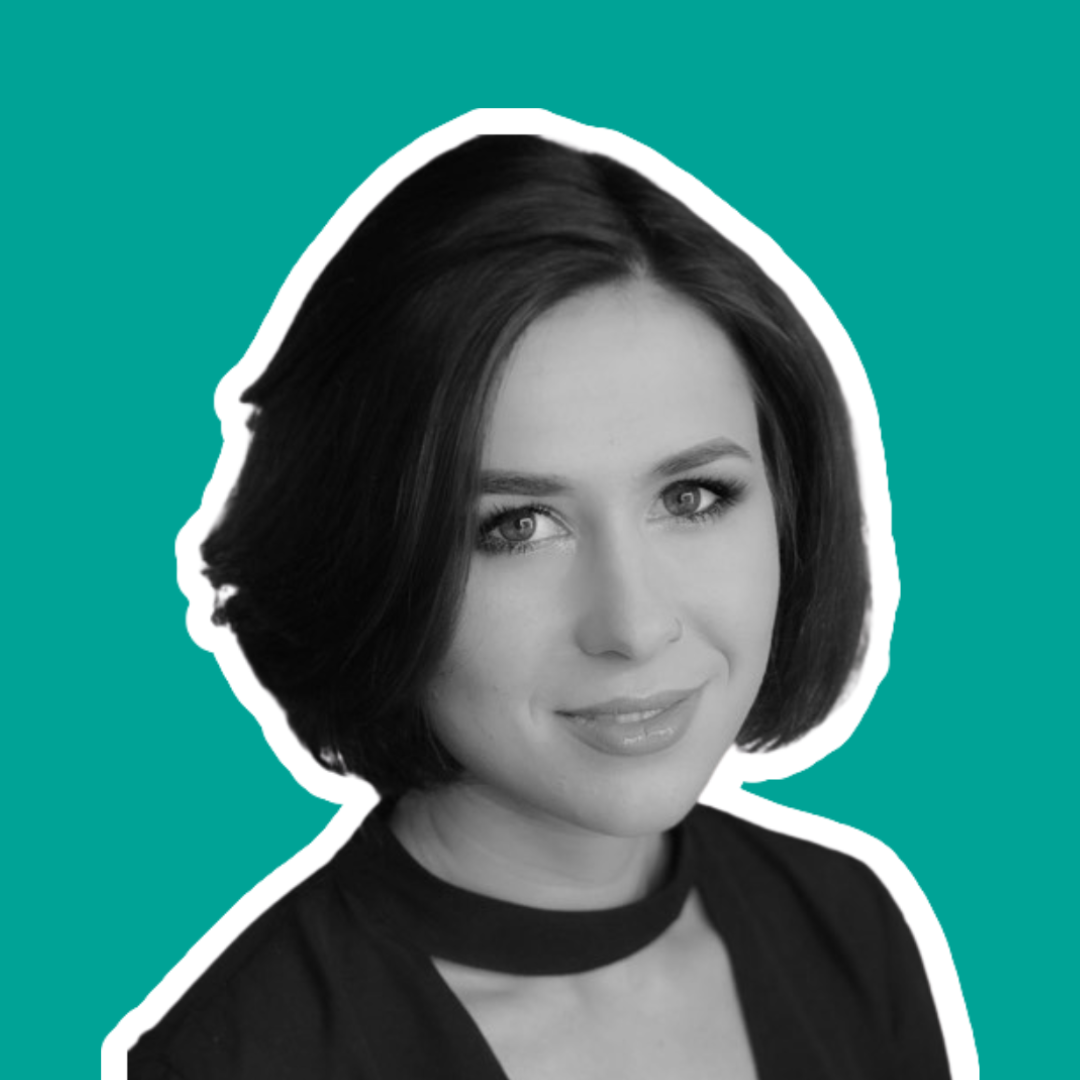
Vita Kachai
director of the CHANGE study in Ukraine
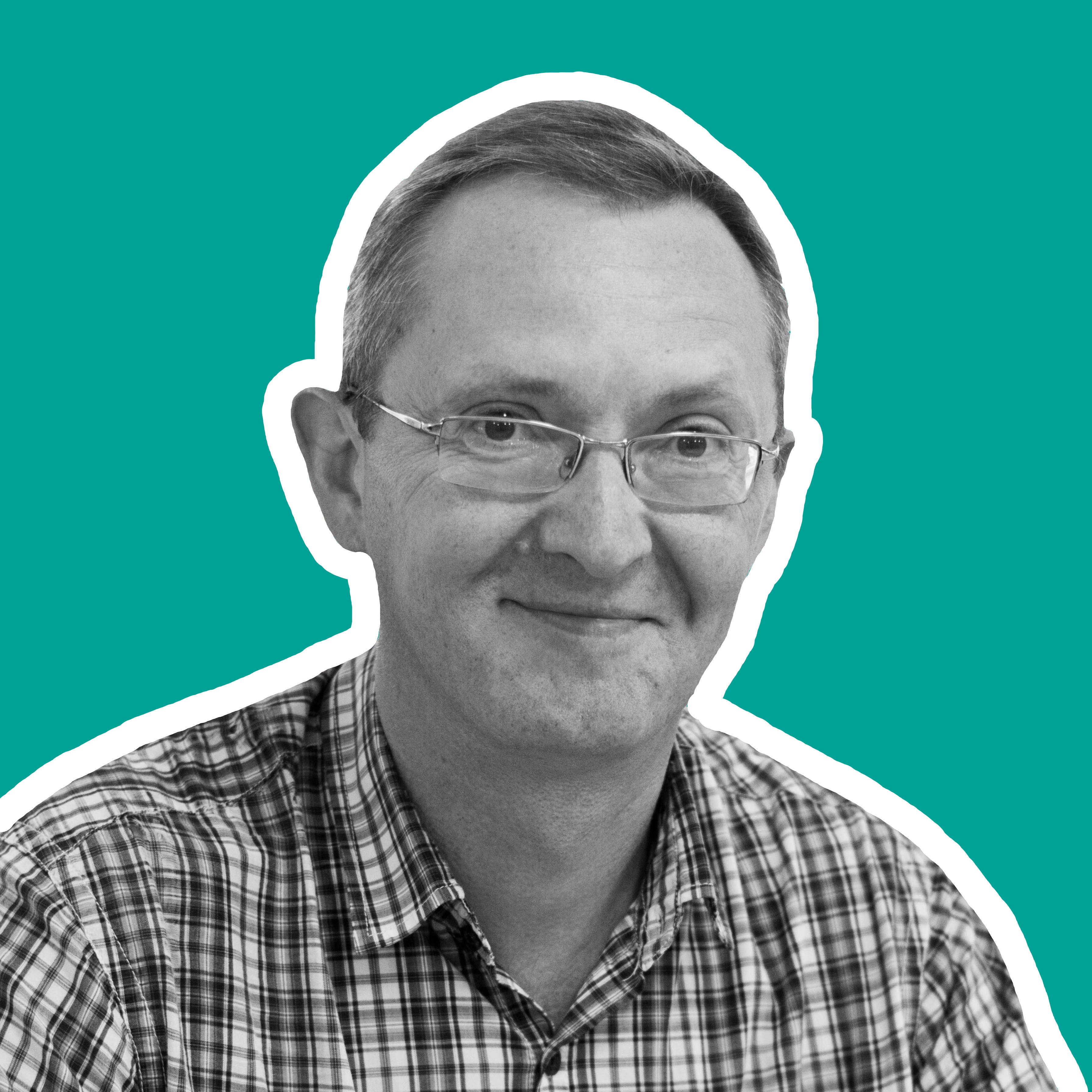
Vladimir Kharitonenko
head of NGO "Words help"
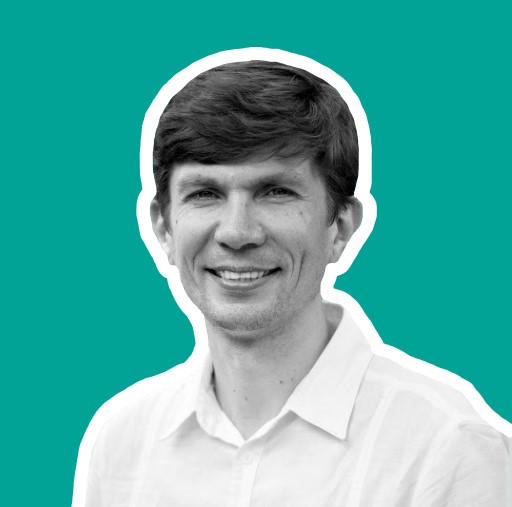
Sergiy Bogdanov
leading researcher, Head of the Mental Health Center of NaUKMA
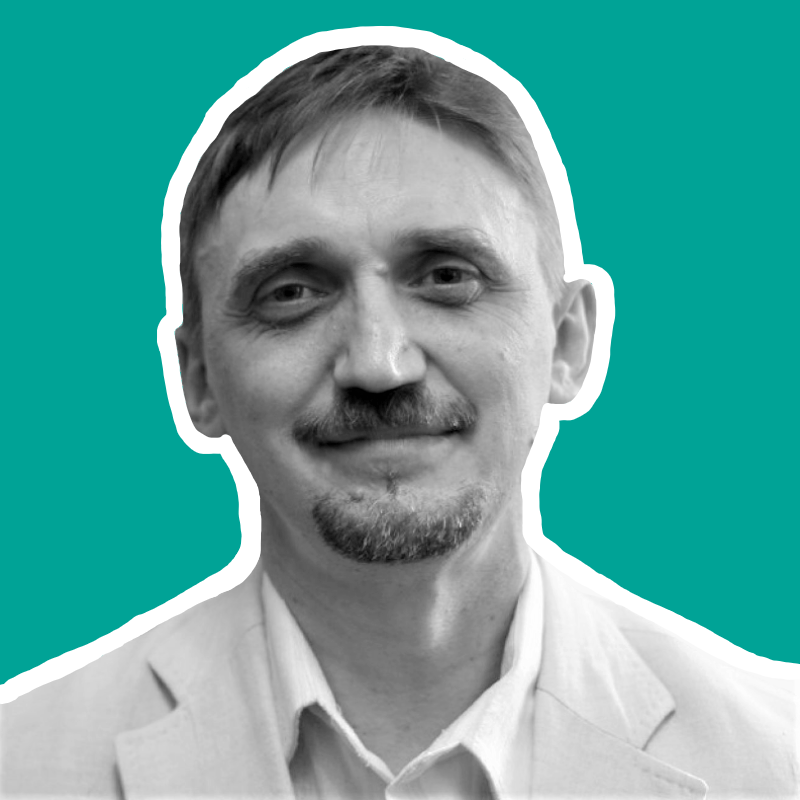
Andriy Karachevsky
trainer and supervisor of the CHANGE research project, Associate Professor of the General Department, children's, of forensic psychiatry and narcology of the National University of Health Care of Ukraine named after P. L. Shupika, Candidate of Medical Sciences, psychiatrist, expert in narcology
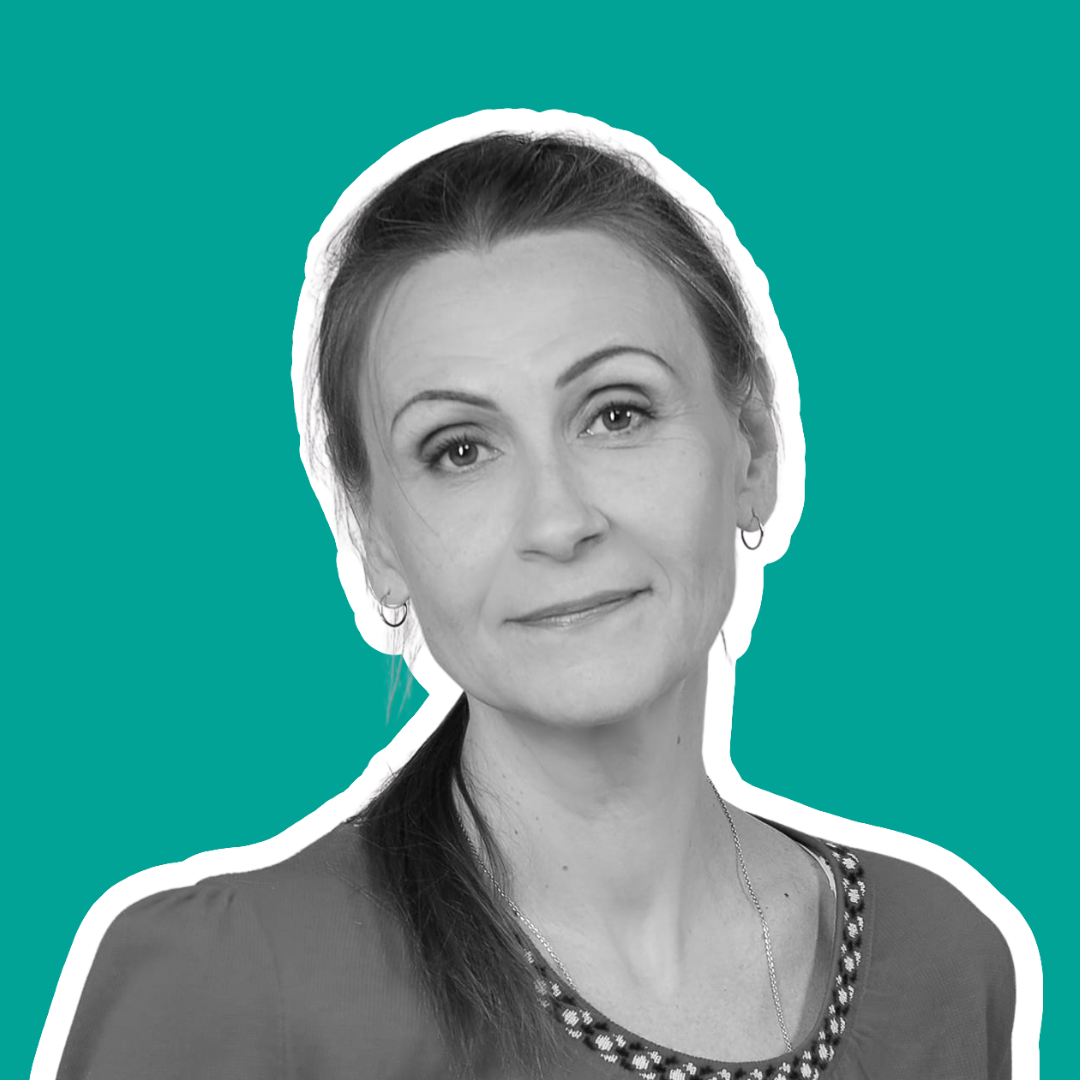
Marina Norova
trainer and supervisor of the CHANGE research project, psychologist, addiction consultant, psychotherapist at the Center for Trauma Therapy “Integration”
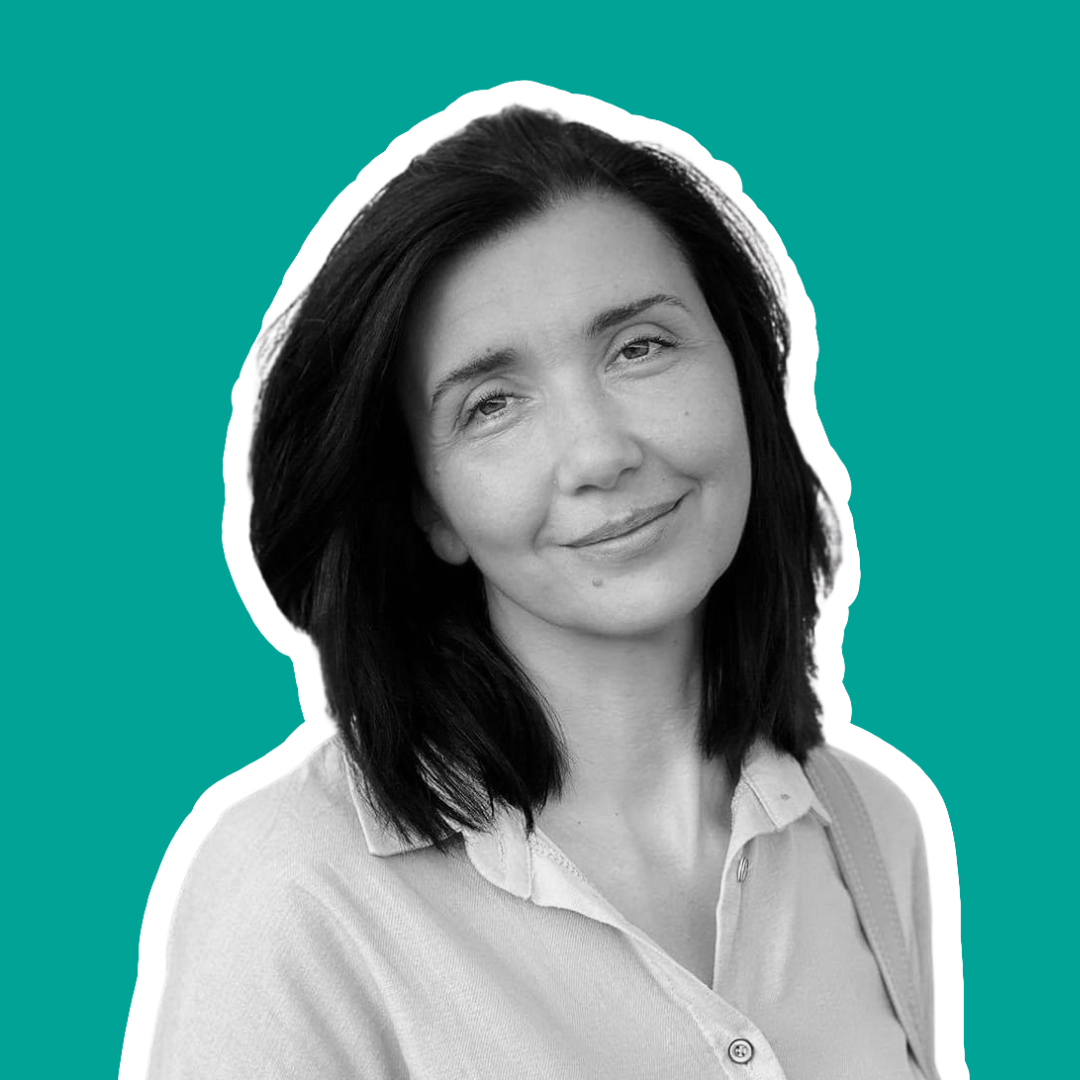
Ksenia Brukhovetska
trainer and supervisor of the CHANGE research project, psychologist, psychotherapist, trainer-methodist, supervisor of the Mental Health Center of the National Academy of Medical Sciences
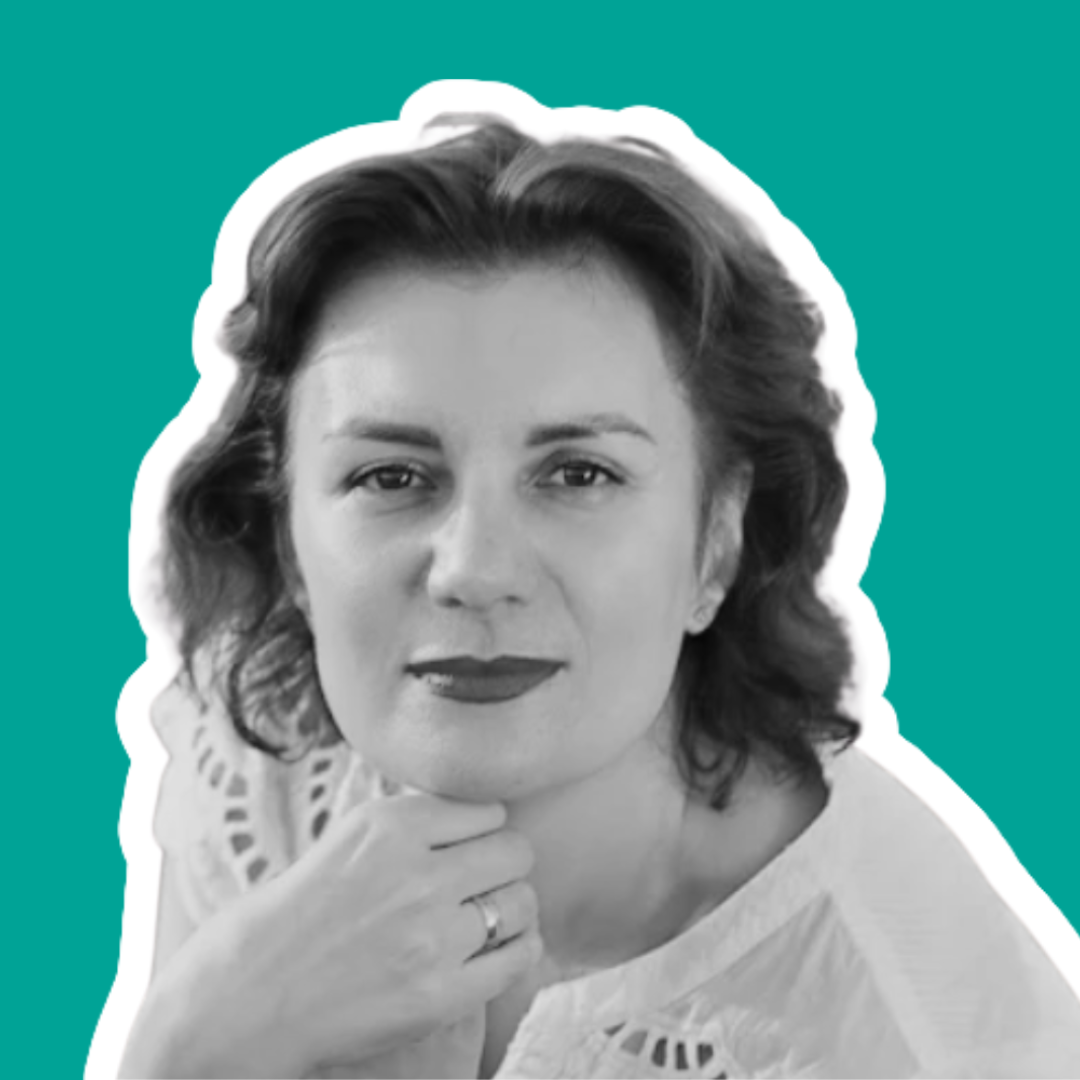
Oksana Bayer
researcher, trainer and supervisor of the CHANGE research project, Associate Professor of the Department of Innovative Technologies in Pedagogy, of psychology and social work of Alfred Nobel University, m. Dnipro.
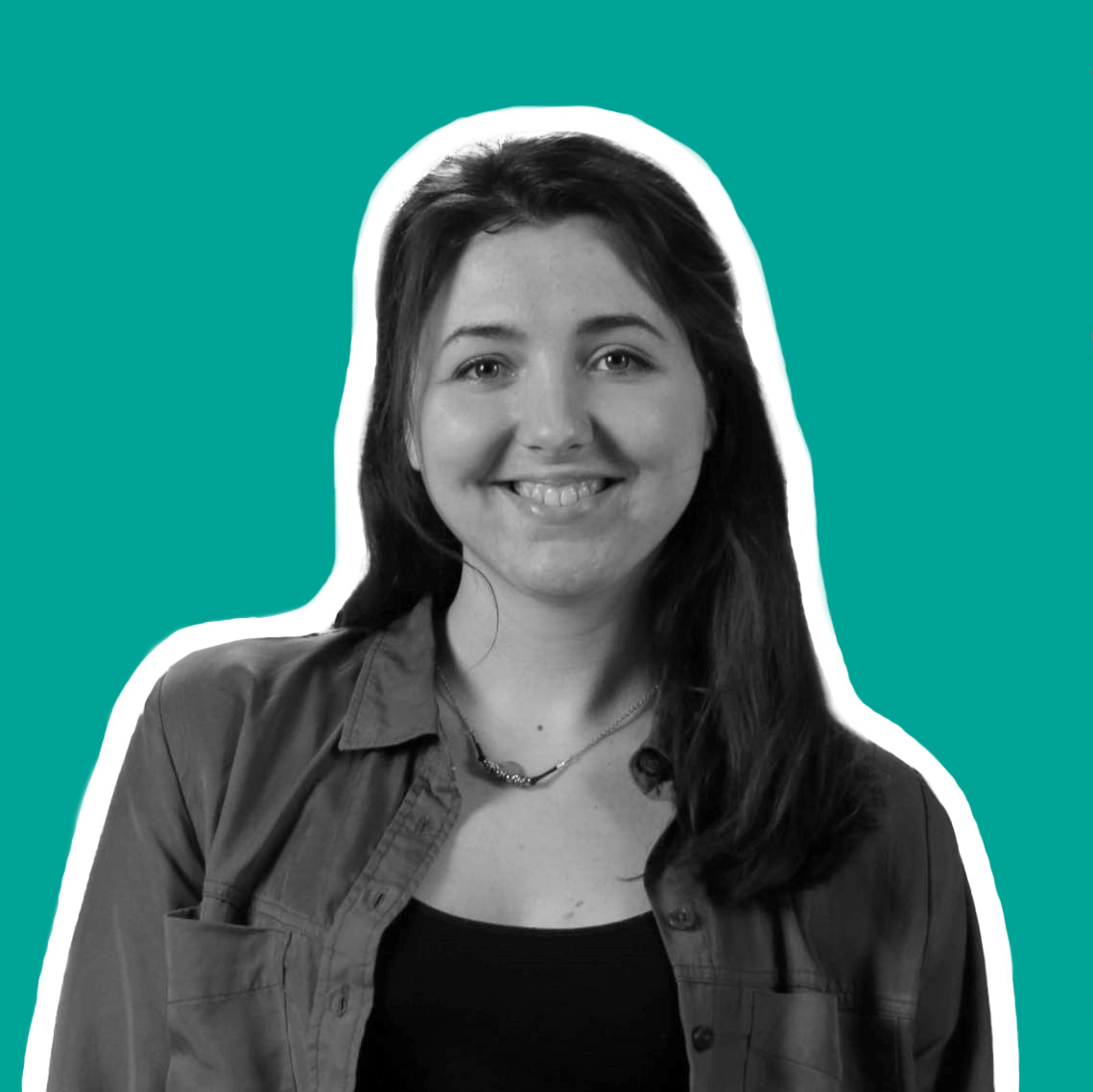
Alyona Pastukhova
coordinator of the monitoring and evaluation team, a specialist in qualitative interviews
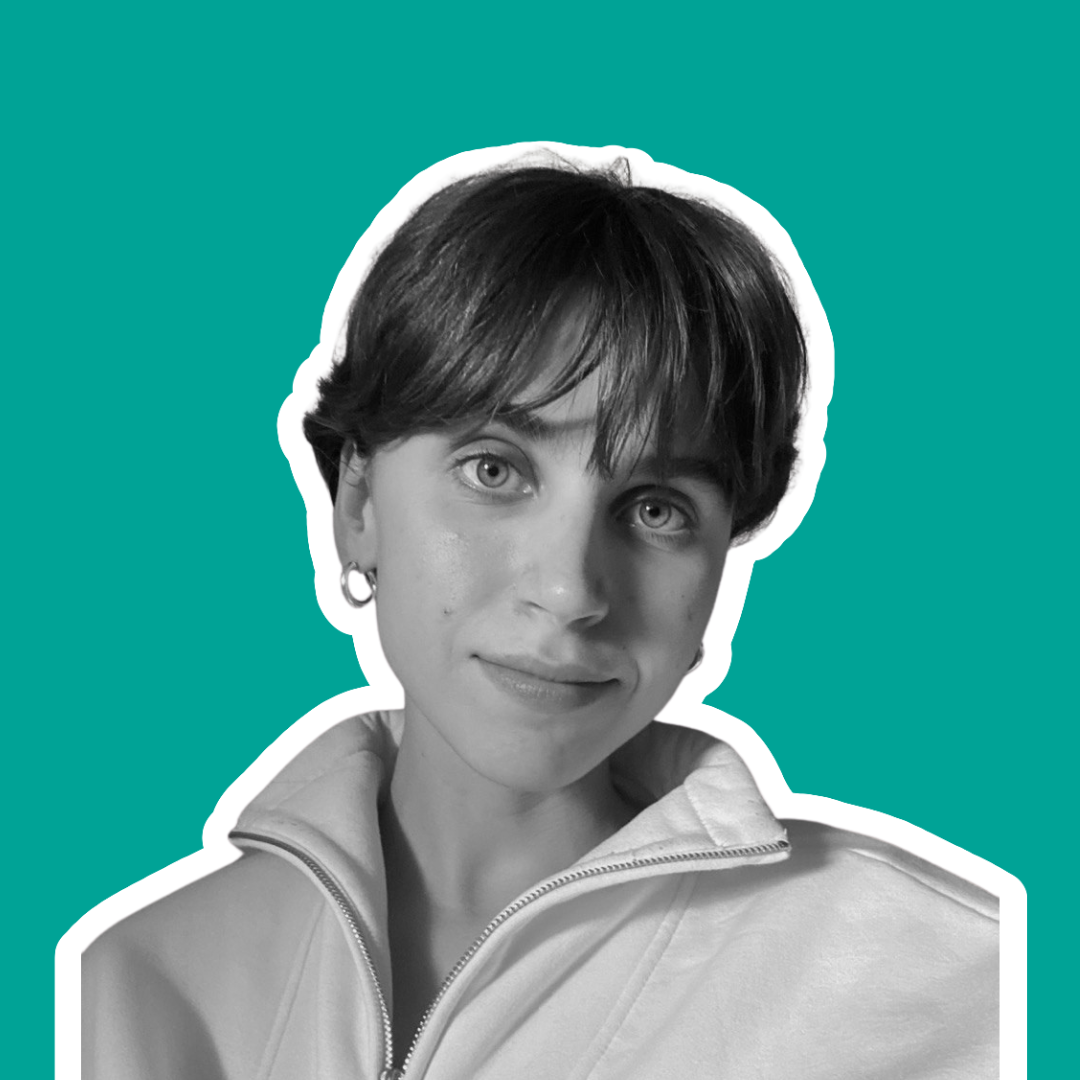
Catherine Garbar
research assistant, a specialist in conducting qualitative interviews
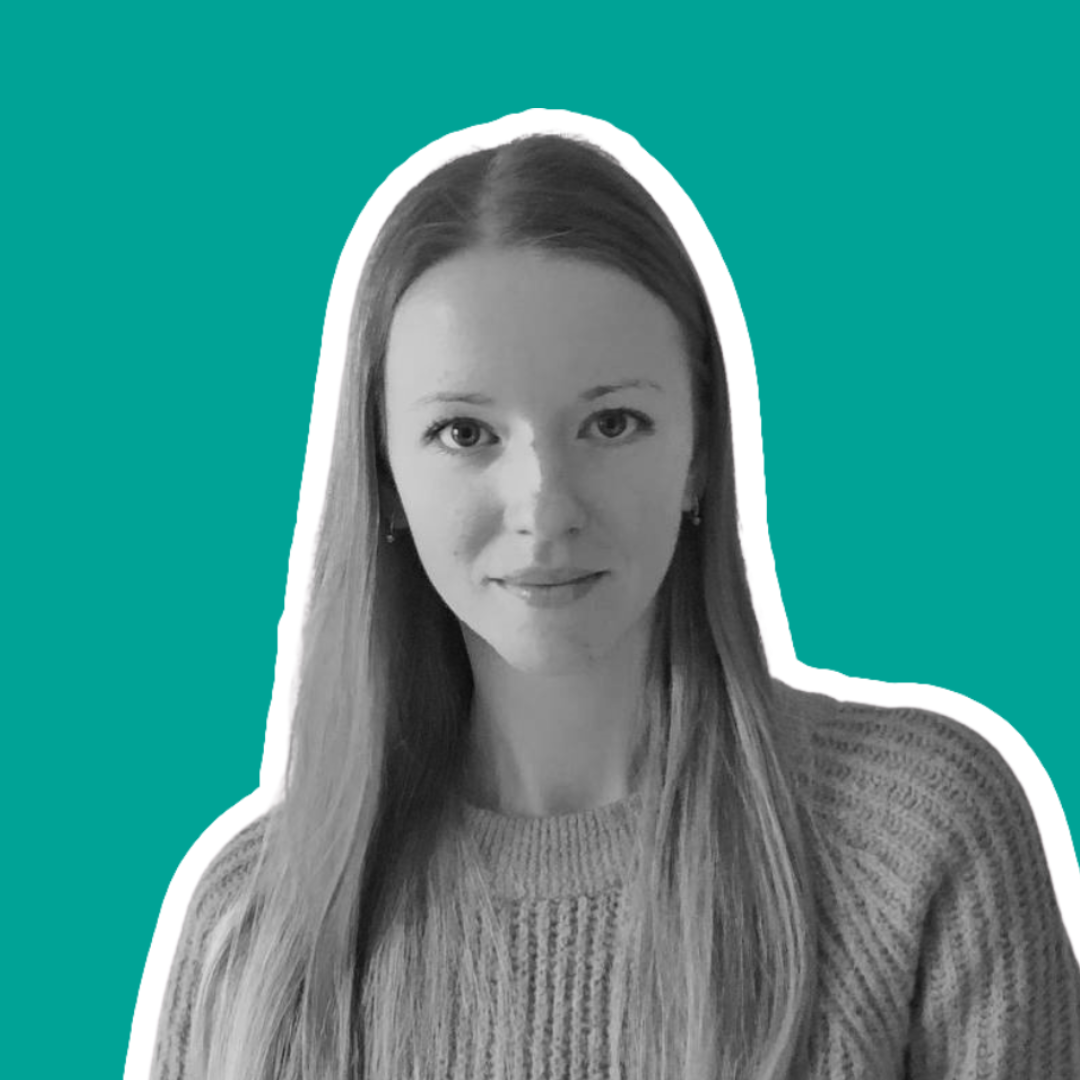
Daryna Bystrytska
specialist in monitoring and evaluation
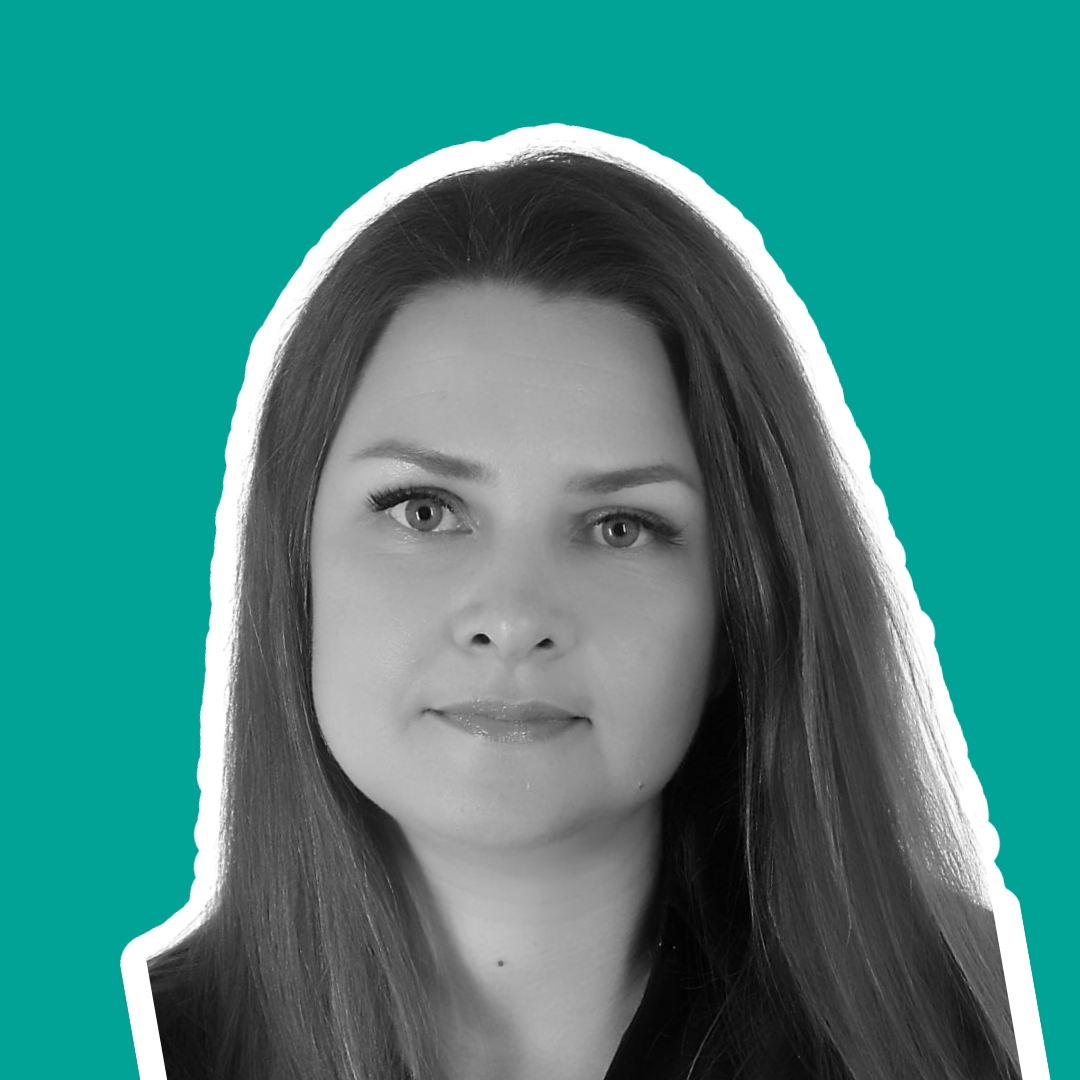
Natalia Hrysenko
specialist in monitoring and evaluation
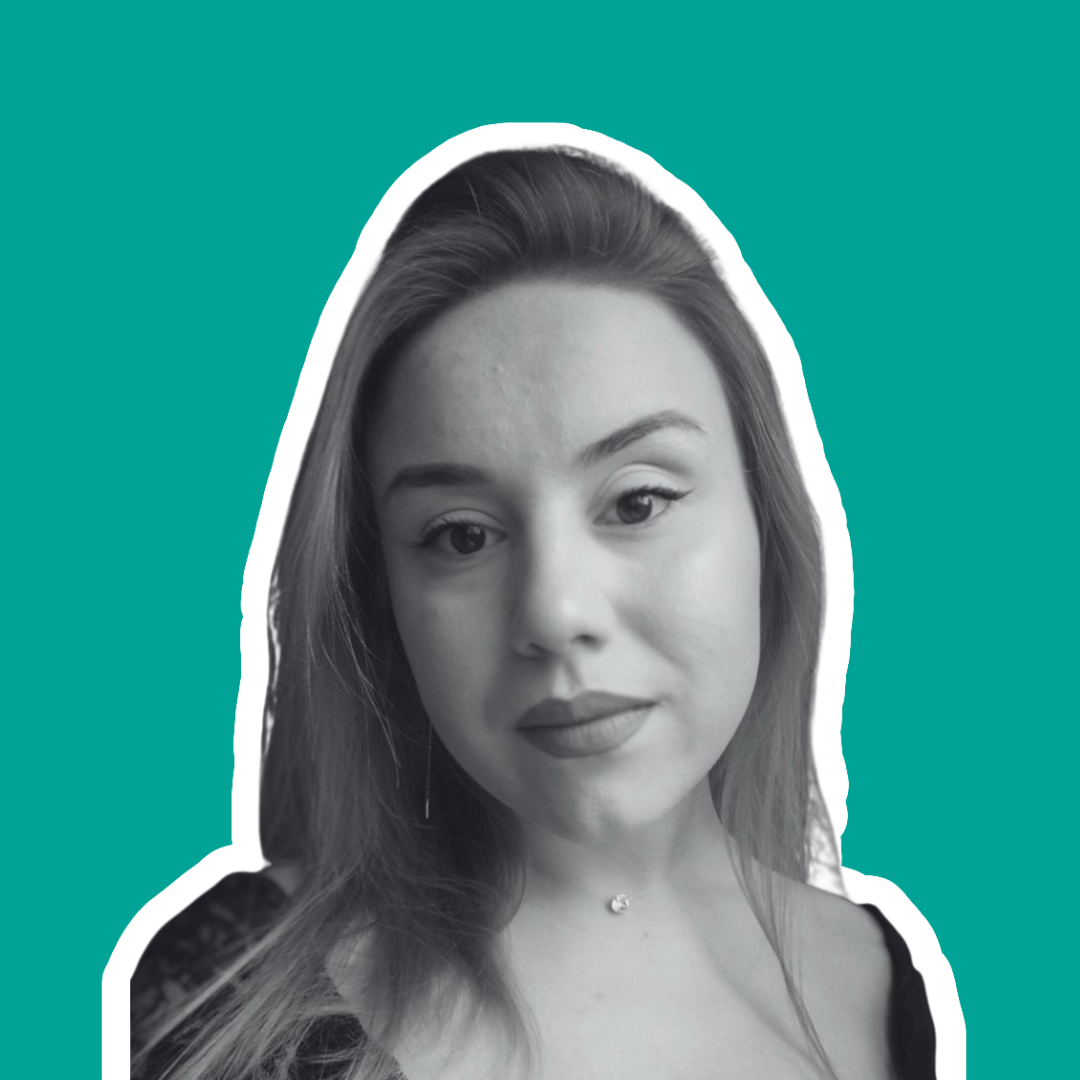
Anna Garahulya
specialist in monitoring and evaluation, student of the Faculty of Psychology of the University named after Alfred Nobel

Oleksandr Chechet
a specialist in conducting sessions on enhanced usual care (EUC) and the operator of the project phone
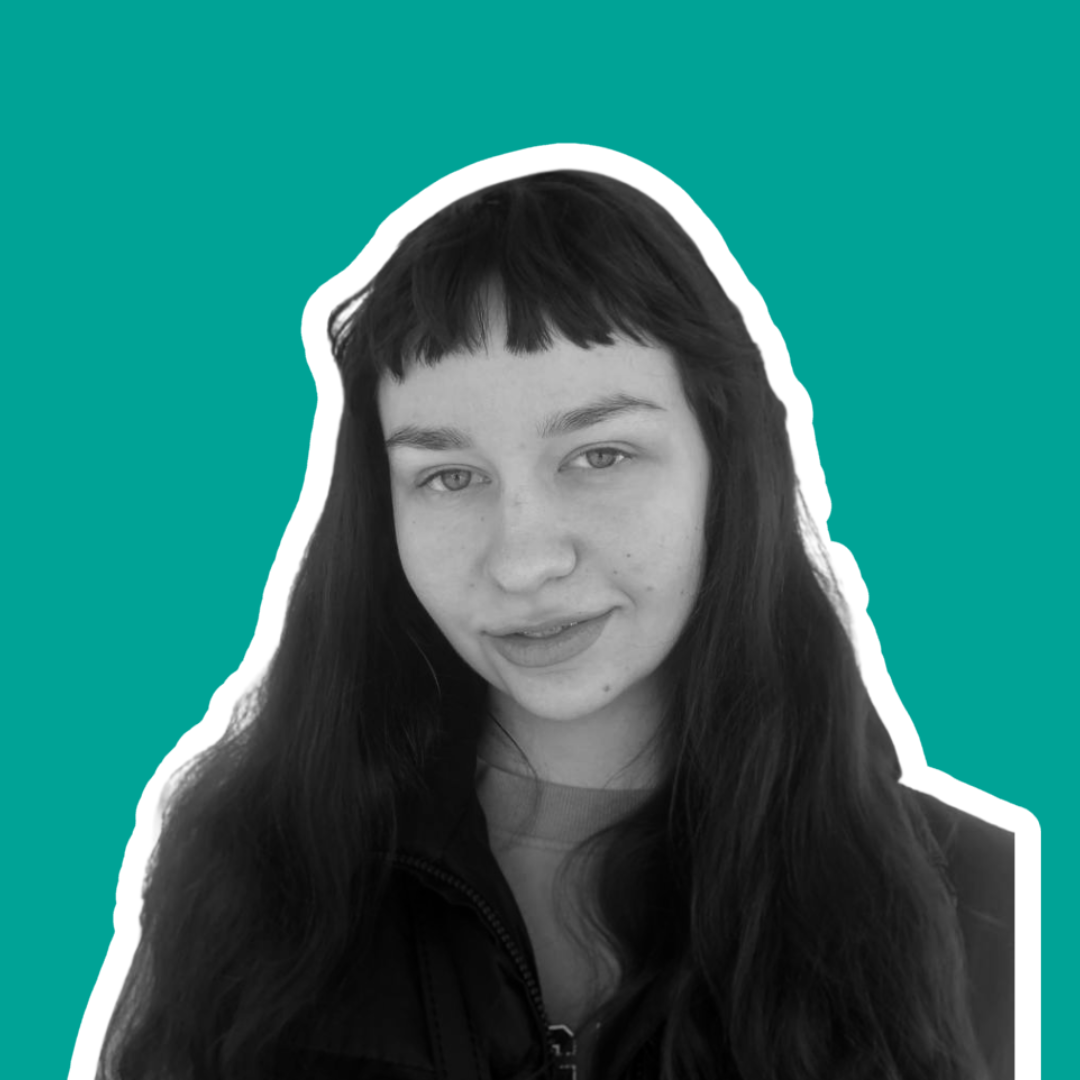
Dar'ya Primak
a specialist in conducting sessions on enhanced usual care (EUC)
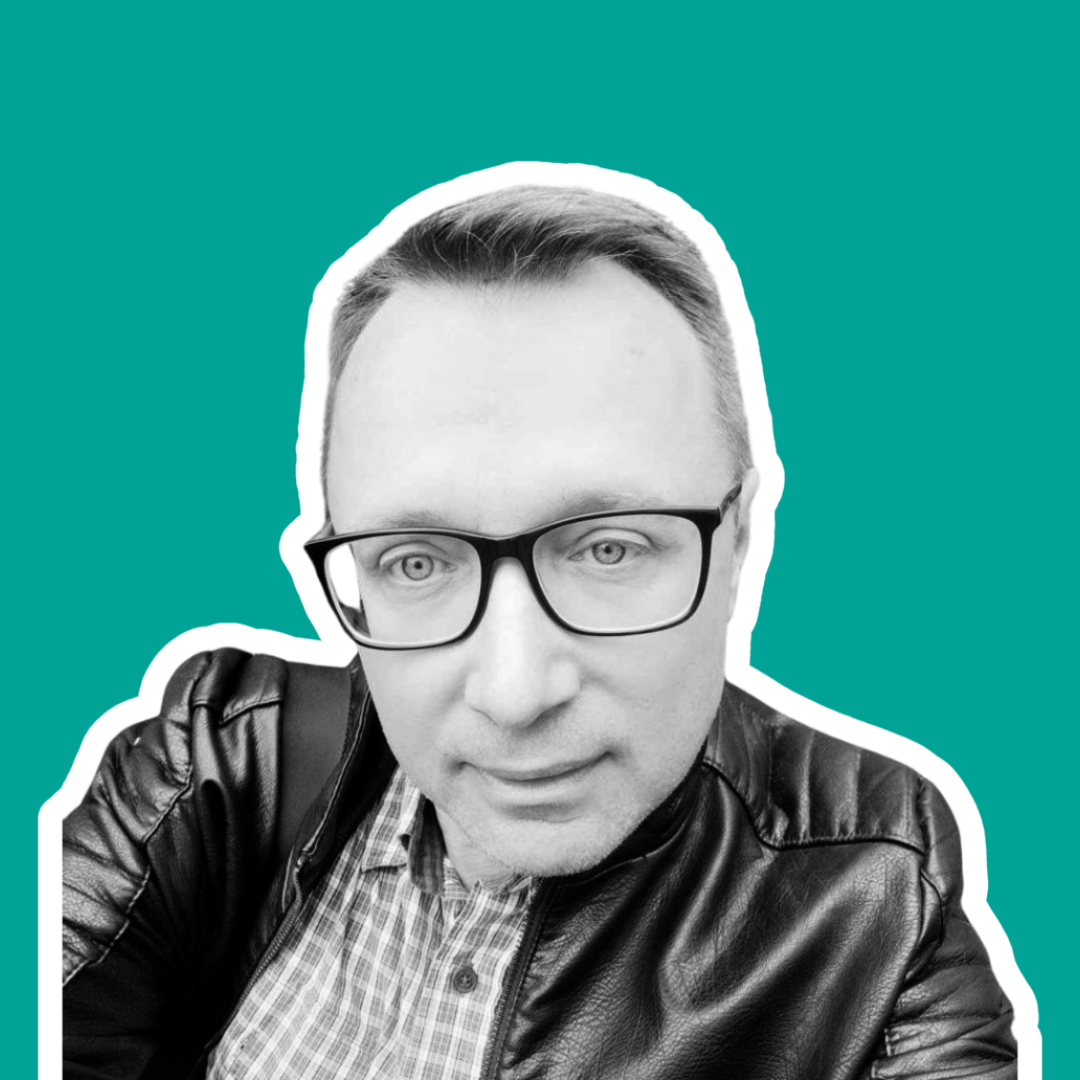
Valentin Overchenko-Tretyak
operator of the project phone
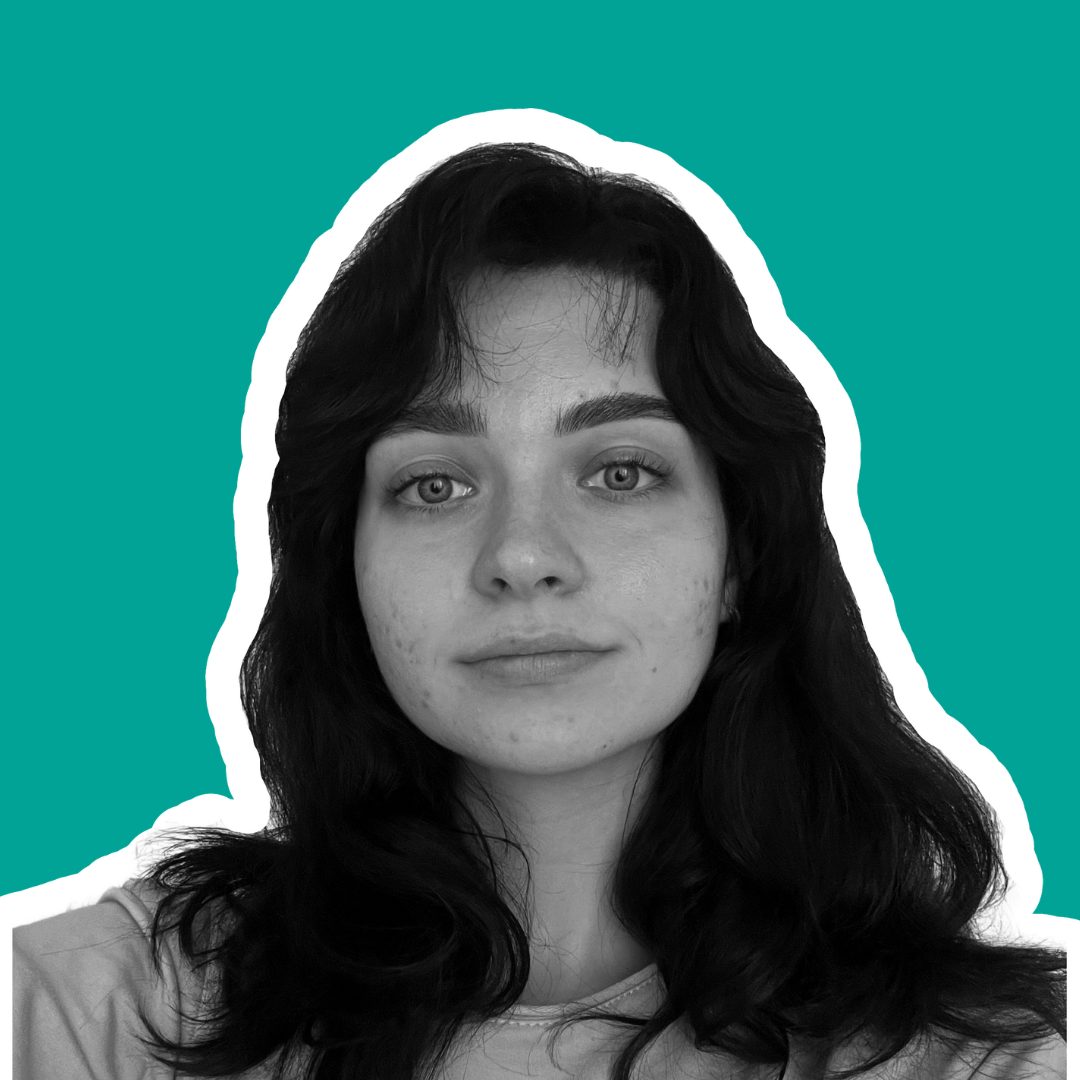
Veronika Ryzhakova
project assistant

Larisa Mikityon
an expert on involving participants in the CHANGE study
United Kingdom
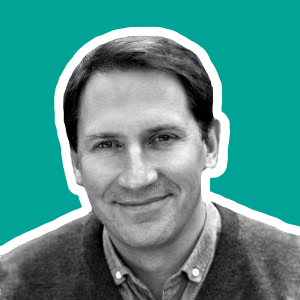
Robert Bayard
leading researcher of the project, Professor at the LSHTM Global Mental Health Center
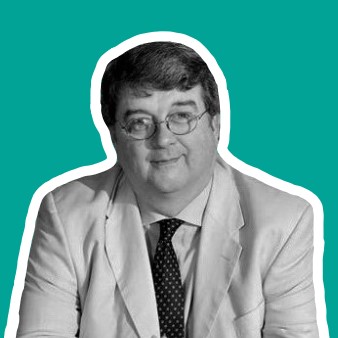
Karl May
Professor of Medical Sociology LSHTM
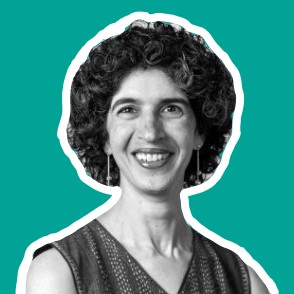
Helena Weiss
Professor of LSHTM Epidemiology
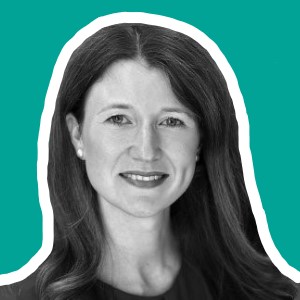
Daniela Four
researcher, Lecturer in the Master's Program in Global Mental Health LSHTM
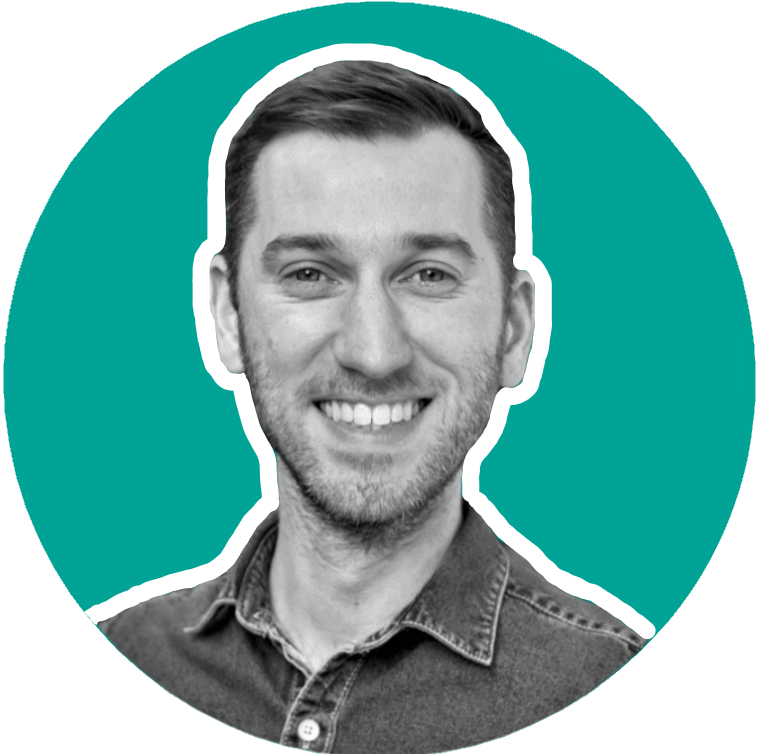
Daniel Montjiardi
CHANGE project manager
Uganda
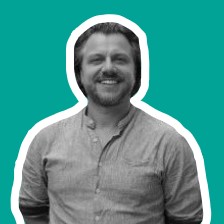
Witze Tol
Director of Global Mental Health Programs, HealthRight International
PUBLICATIONS
Drove, D., Bogdanov, S., Tol, W., Nadkarni, A., & Roberts, B. (2021). Problem Management Plus and Alcohol (PM+A): A New Intervention to Address Alcohol Misuse and Psychological Distress Among Conflict-Affected Populations. Intervention, 19(1), 141. https://doi.org/10.4103/INTV.INTV_27_20
Massazza, A., Drove, D. C., Bogdanov, S., Tol, W. A., Roberts, B., Nadkarni, A., Akudrabo, G., Skovgaard Andersen, L., Dumchev, K., Karachevskyy, A., The highlands, E., Koss, K., Moore, Q., & May, C. R. (2021). A Complex Intervention for Alcohol Misuse Among Conflict-Affected Populations in Uganda and Ukraine: Study Protocol for the Qualitative Components in the CHANGE Trial. International Journal of Qualitative Methods, 20. https://doi.org/10.1177/16094069211063031
Nadkarni, A., Massazza, A., Tol, W. A., Bogdanov, S., Andersen, L. S., Moore, Q., Roberts, B., Weiss, H. A., Singh, S., Neuman, M., May, C., & Drove, D. C. (2025). Development of a non-specialist worker delivered psychological intervention to address alcohol use disorders and psychological distress among conflict-affected populations in Uganda and Ukraine.International journal of mental health systems, 19(1), 2. https://doi.org/10.1186/s13033-024-00656-4
Bogdanov, S., Koss, K., Hook, K., Moore, Q., Van der Boor, C., Masazza, A., Drove, D. C., Roberts, B., May, C., Fedorets, O., Bayer, O., Karachevskyy, A., & Nadkarni, A. (2025). Explanatory models and coping with alcohol misuse among conflict-affected men in Ukraine. SSM – Mental Health, 7, 100398. https://doi.org/10.1016/j.ssmmh.2025.100398
WHO HAVE SPECIALISTS
On issues of cooperation:
changeukraine@ukma.edu.ua
Regarding the referral of participants to participate in the study:
Larisa Mykyton l.mykyton@ukma.edu.ua









